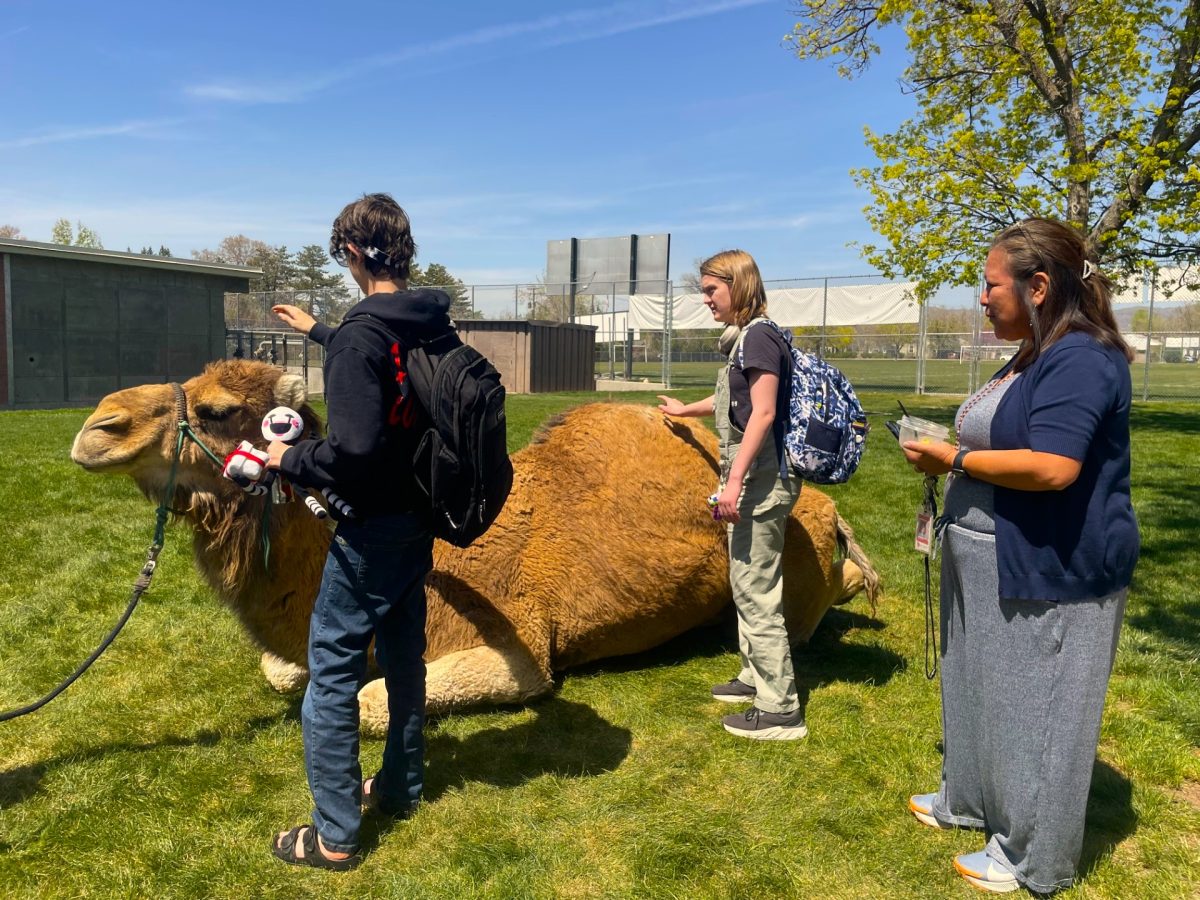Why We Should Talk About Anxiety and Depression in Schools
May 25, 2016
It’s pretty obvious that students hopefully come to school for one thing – to learn. In most ways, students do. Highland High School is not a bad place for learning, but there are certain subjects that society considers almost ‘bad’ to talk about in today’s classroom. There are some subjects that are never even broached.
The topics highlighted are anxiety and depression. Recent research suggests that 1 in 6 young people will experience an anxiety condition in their lifetime, and about 6.7% of the U.S population suffers from depression.
Yes, there’s the health unit where students hopefully learn the basics, and the teacher’s do a great job of teaching that, but there is other, more intricate layers that most people don’t learn about, and it’s these layers that sometimes matter the most.
“One of the major symptoms of depression is to lose the motivation to do work,” Ross Stoneman, who has experiences with depression in the past, “and with all anxieties – it limits the person from something.”
There is a thought, that one person in every classroom at least, has OCD. Other people may have a different type of anxiety or depression, or have had experiences with depression. Famous inventors, such as Nikola Tesla, creator of the modern electricity, had an anxiety disorder. Yet, in schools, the curriculum only gives it a few days of discussion in health class. Why?
Deep down, part of the human function is to be afraid of anxiety and depression, because it’s not necessarily something that’s easy to talk about. It brings out lots of emotions in people we typically want to avoid, and maybe there are deep underlying problems running beneath people that they’re afraid to address themselves. Not talking about it in class also raises up misconceptions about what these are.
“A lot of people think anxiety is just feeling nervous, when it’s not,” Stoneman, “A typical anxiety attack is a pounding heart, lungs not working as well as they should be, it feels like you’re running a marathon.”
Depression also isn’t feeling sad.
It’s a very hard, but important job to talk about it in schools so students can set aside some of these misconceptions, and people may have an easier time expressing their problems – not just in school, but if people are easily free to talk about feeling anxious then a lot of lives could be helped.
Now, the world will always have problems. There is always going to be these hardships, and maybe the real root of the problem is not anything education based – but it is more along the lines of the things that we as humans are more used to talking about, and beginning to talk about such things in classrooms more openly I think will encourage more talking. It’s the starting point.



























